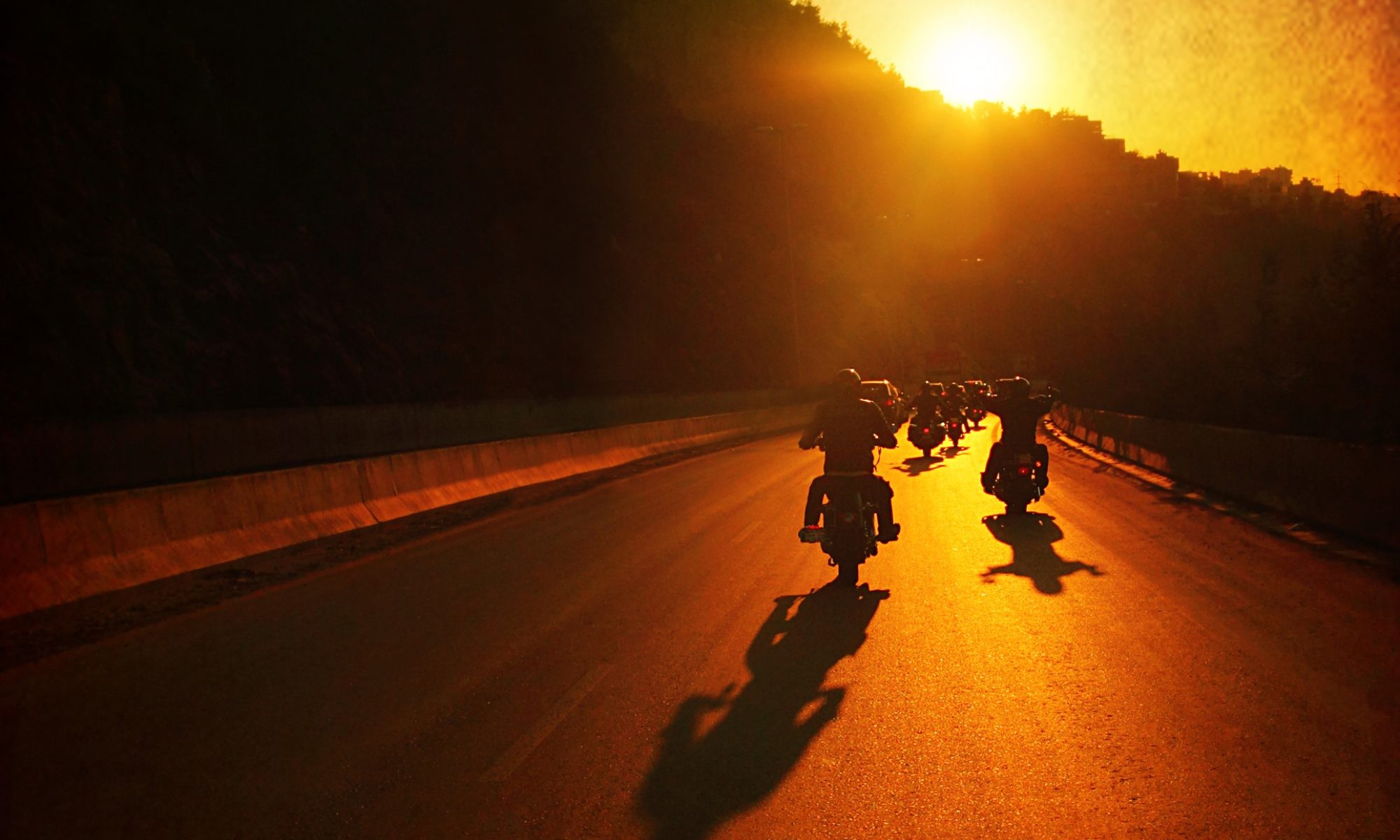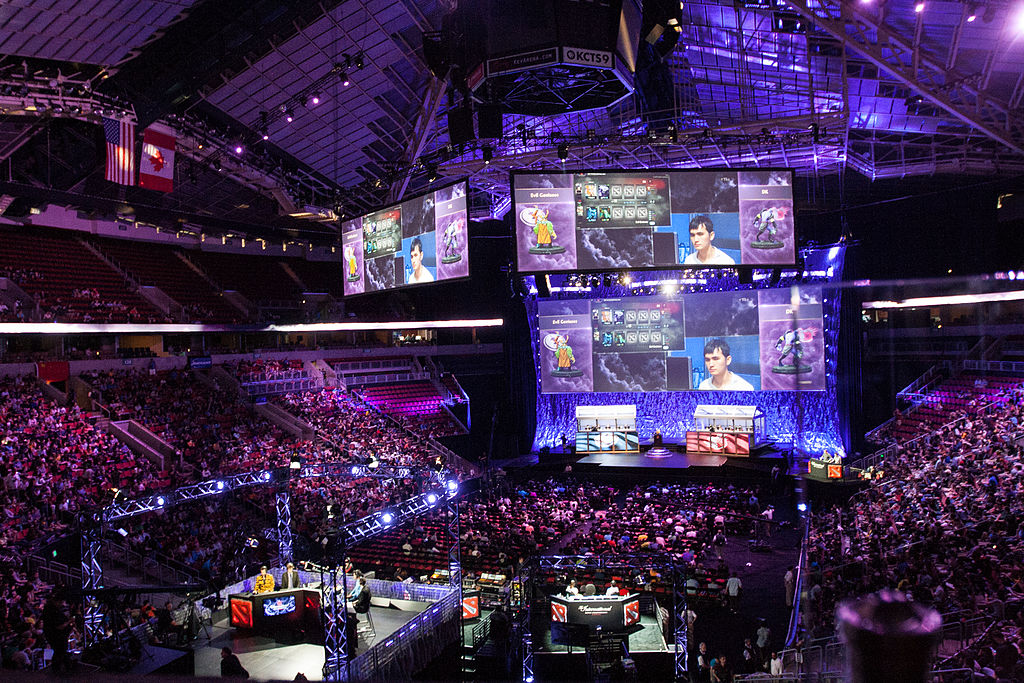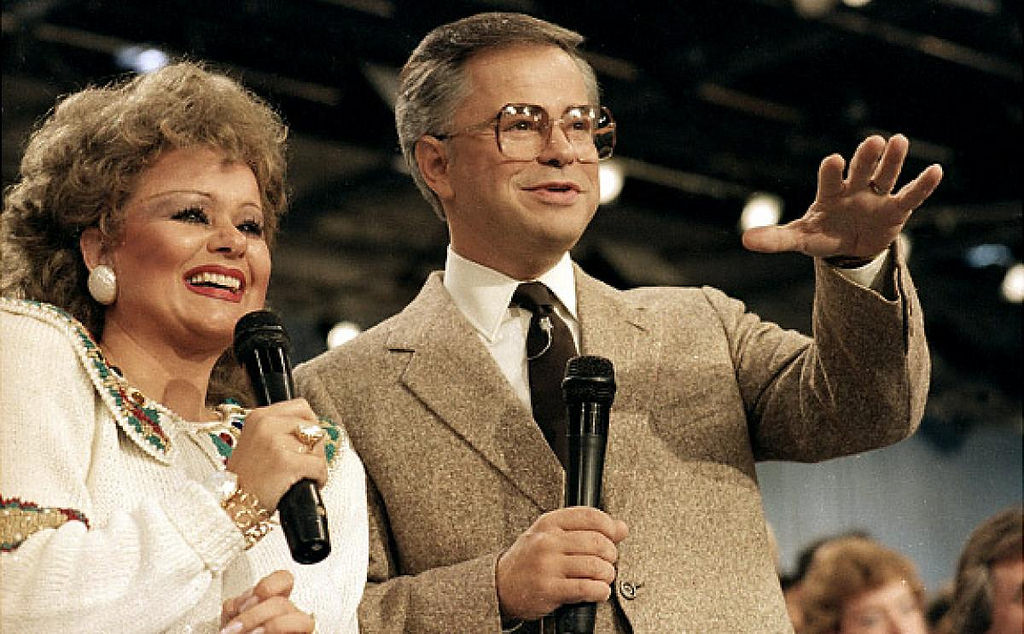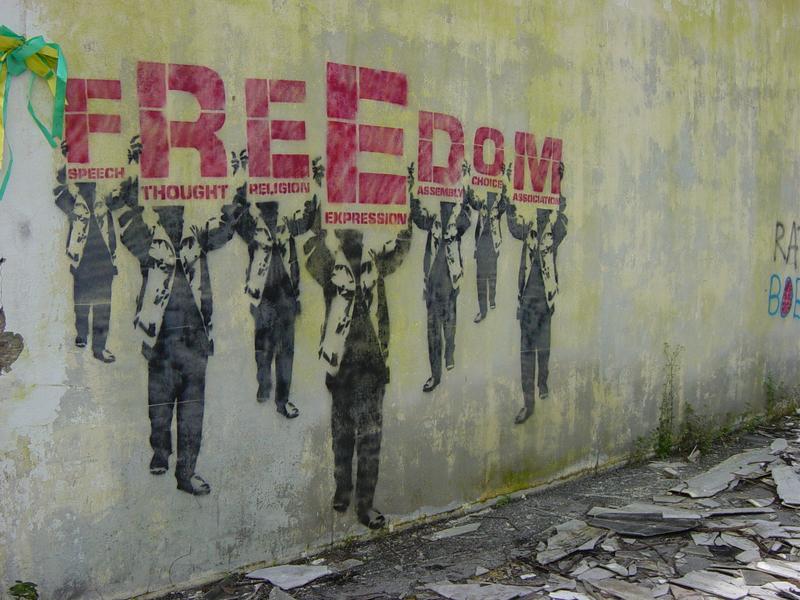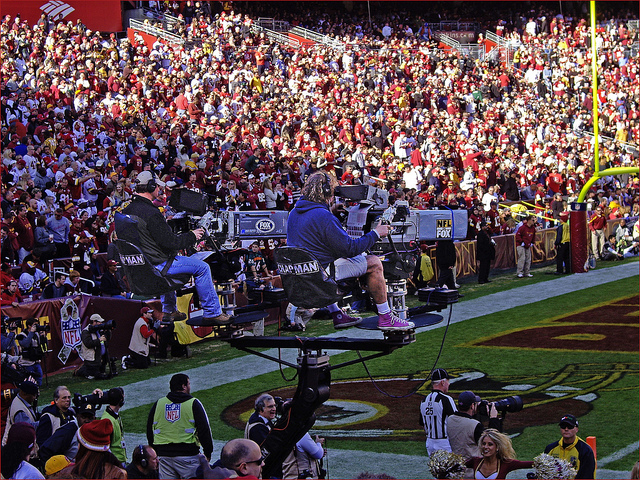Each November, hundreds of thousands of bikers descend upon the Gulf Coast city of Galveston for Texas’s Lone Star Rally. They’re drawn not only by the city’s picturesque sandy beaches, New Orleans-style houses, and open highways but also by the numerous bike-centric attractions, music gigs, and general revelry accompanying the rally.
The scale of the event, compared to Galveston’s size, is remarkable. The city’s average population (of whom I am one) is roughly 53,000. But, in 2021, over 400,000 bikers attended the four-day event – nearly eight bikers for each resident. And they make their presence felt with road closures galore, traffic accidents aplenty, and the noise of motorbikes reaching deafening levels. Needless to say, for the first weekend of November, the bikers dominate the city, with many residents hunkering down at home or leaving for the weekend.
Alongside hard-hitting cowboys, rugged gold prospectors, and hardworking farmers, the image of a rebellious biker barrelling along America’s seemingly unending highways holds a prominent place within the nation’s cultural mythos.
They represent freedom in a multitude of forms, be that in their mode of transport (free from the confines of a car), their ability to travel (free to explore America’s highways), or their refusal to conform to societal expectations (free to do what they want, when they want). While such freedoms may or may not be accurate, it is hard to contest that, on a symbolic level, the biker is free in a way that others are not.
But, whether this is true in a philosophically political and legal sense is questionable.
Popular fiction often portrays bikers as rebels, rejecting everyday living’s confines and carving out their own path free from political or wider societal influence. Two recent examples are Sons of Anarchy and (maybe surprisingly) Bob’s Burgers. However, in real life, bikers must play by many of the same rules as the rest of us or face the consequences. When on the road, they must obey the laws governing motor travel, like someone driving a car, RV, or big rig. Similarly, they have to pay taxes to help maintain the very roads on which they ride. They must avoid motor collisions like anyone else (if not more so). Beyond the confines of riding the bike, they, much like you or I, are slaves to their body’s demands; they have to eat, sleep, drink, seek shelter when cold, heal when hurt, and go to the bathroom when nature calls. In the broadest possible sense, bikers are either as free or confined as anyone else. Being a biker doesn’t relieve you from biological or social existence’s material facts and constraints.
So, why do bikers always talk about the freedom they feel when they ride? Why do they equate their preferred mode of transport with unparalleled liberty? According to Robert M. Pirsig, author of Zen and the Art of Motorcycle Maintenance (one of the best-selling philosophy books of all time), the answer comes from the fact that freedom is not understood in the absolute but in the relative:
On a cycle the frame is gone. You’re completely in contact with it all. You’re in the scene, not just watching it anymore, and the sense of presence is overwhelming. That concrete whizzing by five inches below your foot is the real thing, the same stuff you walk on, it’s right there, so blurred you can’t focus on it, yet you can put your foot down and touch it anytime, and the whole thing, the whole experience, is never removed from immediate consciousness.
Riding a motorbike and participating in the biker lifestyle doesn’t inherently provide you with a level of freedom unobtainable to everyone else. Instead, it puts everything else into perspective and offers the feeling of freedom that makes the rest of life appear confined. Riding a bike helps put life’s worries – bills, relationships, deadlines, fights, and the rest – to one side. It barricades these things out of one’s conscious mind, leaving the rider at the moment where the bike and the act of riding it eclipses everything else.
Whatsmore, this is more than a mere perspective on motorbike riding’s merits. A 2021 study investigating how biking affected sensory perception revealed that
riding increases focus, heightens the brain’s passive monitoring of changes in the sensory environment, and alters HPA axis response. More generally, our findings suggest that selective attention and sensory monitoring seem to be separable neural processes.
In other words, riding a bike has a neurological impact associated with a heightened focus on the here and now. Biking isn’t simply a symbol of freedom. It is instead an act that increases the perception of the latter by relegating those things that consume and dominate our mental efforts to the background.
Somewhat paradoxically, then, riding a bike provides a sense of freedom not by removing tensions and constraints but by establishing them. Biking doesn’t relieve the external pressures placed on us by the non-biking world. Instead, it generates a feeling of liberty by making internal boundaries; by creating a border in which one’s frame of focus is reduced and outside which life’s worries fall away. People who feel free when riding a bike aren’t necessarily freer than everyone else. They simply have an activity that provides a feeling of freedom by drawing them away from those other things that might concern them.
So, next time you see a biker espousing how their bike provides them with freedom, don’t forget that the unabashed sense of freedom they describe might be simply the establishment of internal barriers.

